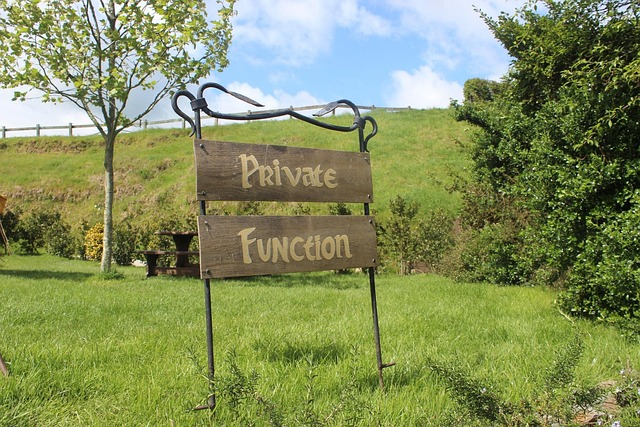Private Wealth Management (PWM) in South Africa has evolved into a sophisticated sector, offering customized financial strategies for high-net-worth individuals and families. Robust governance frameworks are essential to navigate political and economic dynamics, mitigate risks, and adhere to local laws and international standards. Effective PWM governance fosters client trust, ensures asset security, and positions firms as responsible stewards of private capital in the country's evolving financial landscape. Best practices include clear roles, regular board meetings, documented policies, independent audits, risk assessments, and open communication.
In the dynamic landscape of private wealth management in South Africa, robust governance stands as a cornerstone for safeguarding and growing assets. This article delves into the intricate relationship between governance and private wealth, exploring its pivotal role in mitigating risks and ensuring long-term prosperity. We examine best practices that empower investors to navigate the complex financial environment, ultimately enhancing their financial security and peace of mind. Understanding and implementing effective governance structures are essential steps towards successful private wealth management.
- Understanding Private Wealth Management in South Africa
- The Role of Governance in Safeguarding Wealth
- Best Practices for Effective Governance Implementation
Understanding Private Wealth Management in South Africa

Private Wealth Management (PWM) in South Africa has evolved into a sophisticated and crucial sector, catering to a diverse range of high-net-worth individuals and families. It involves the comprehensive management of an individual’s financial assets, offering tailored strategies for wealth preservation, growth, and succession planning. The unique challenges and opportunities presented by South Africa’s economic landscape require a nuanced approach, with governance playing a pivotal role in ensuring the integrity, security, and success of these investment portfolios.
The country’s dynamic political and economic environment demands robust governance frameworks to mitigate risks and navigate regulatory changes. Effective governance in PWM involves transparent decision-making processes, strong internal controls, and compliance with local laws and international standards. By implementing these practices, wealth management firms can foster trust among their clients, ensure the security of assets, and position themselves as responsible stewards of private capital in South Africa’s ever-changing financial landscape.
The Role of Governance in Safeguarding Wealth

Governance plays a pivotal role in safeguarding and enhancing private wealth management in South Africa. It acts as a robust framework that ensures transparency, accountability, and ethical conduct within financial institutions. In the context of Private Wealth Management (PWM), governance structures are essential to protect clients’ interests, preserve their assets, and mitigate risks effectively.
By implementing robust governance practices, PWM firms can ensure fair and responsible management of client funds. This includes adhering to legal and regulatory requirements, establishing clear decision-making processes, and maintaining open communication with investors. Such measures foster trust and confidence among clients, enabling them to safeguard their hard-earned wealth while aiming for financial growth and security.
Best Practices for Effective Governance Implementation

Implementing effective governance in Private Wealth Management (PWM) is a strategic step that fosters trust, transparency, and long-term success. Best practices include establishing clear roles and responsibilities within the governance structure to ensure accountability at all levels. Regularly scheduled board meetings, documented policies, and procedures provide a solid framework for decision-making. Additionally, independent audits and risk assessments are crucial to identify and mitigate potential challenges, ensuring compliance with legal frameworks and ethical standards.
A robust governance model in PWM should also encourage open communication channels between stakeholders, including clients, advisors, and regulatory bodies. This transparency builds strong relationships and enhances client confidence. By integrating these best practices, South African PWM firms can navigate the dynamic financial landscape, maintain high standards, and offer personalized services that meet the unique needs of their clients.
Effective governance is a cornerstone of private wealth management, ensuring the secure and sustainable growth of assets. In South Africa’s dynamic financial landscape, robust governance structures safeguard investments, mitigate risks, and foster client trust. By adopting best practices outlined in this article, wealth managers can enhance their operations, navigate regulatory environments, and provide clients with peace of mind, ultimately positioning themselves as trusted guardians of private wealth.















